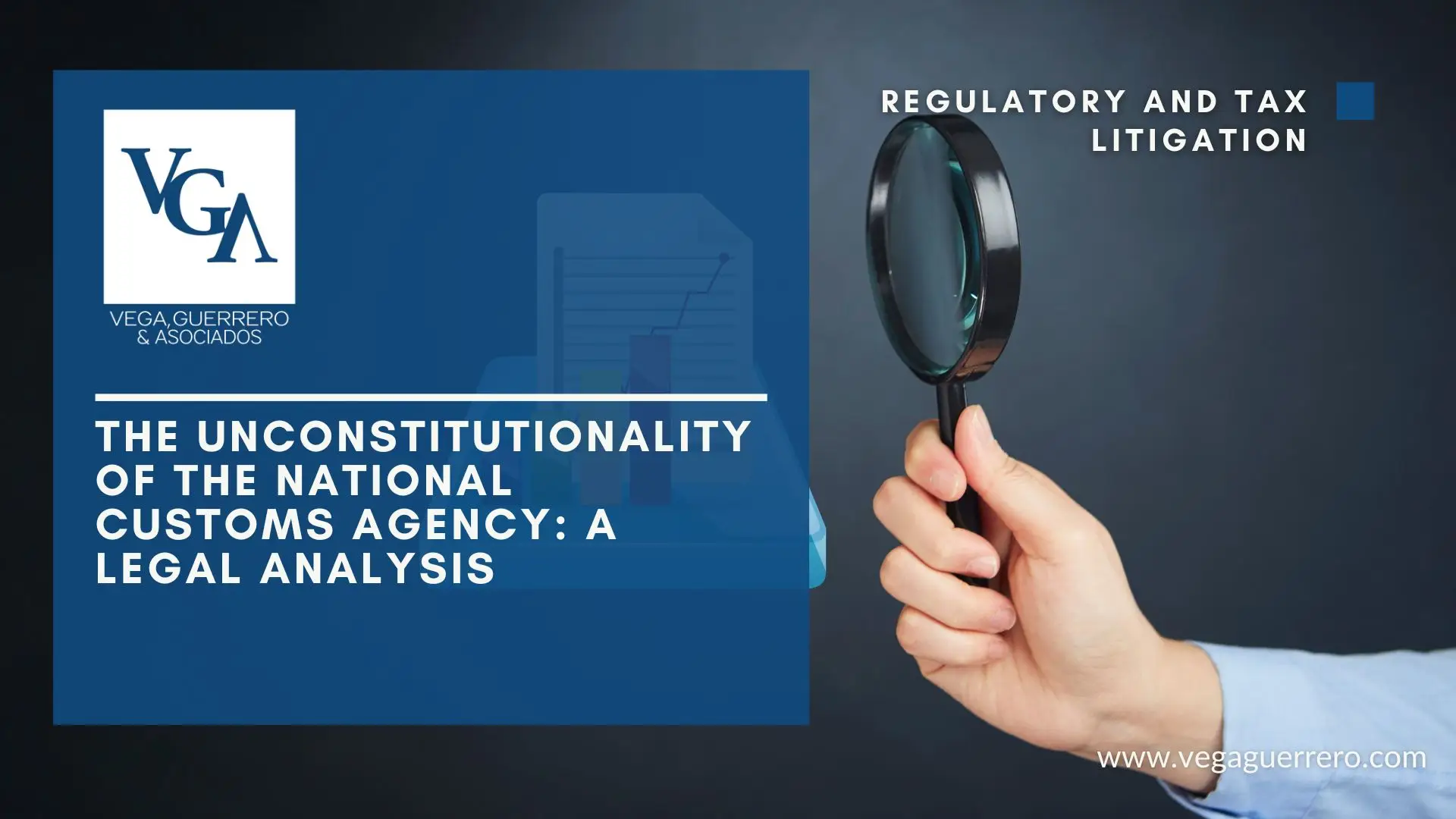The National Customs Agency (ANAM) has been a subject of controversy since its proposition as a public initiative. This decentralized body, regulated under the structure of the Ministry of Finance and Public Credit (SHCP), was created to oversee, organize, and manage customs and inspection services, ensuring compliance with regulations governing the flow of goods within the country.
Established in 2022, the ANAM was created by reforms to the Internal Bylaws of the SHCP and the Internal Bylaws of the Tax Administration System (SAT), as well as the issuance of specific internal regulations for the customs agency.
These regulations have been questioned for exceeding the powers conferred by law, by granting the ANAM attributions originally destined to the SAT.
The most recent controversy, questions the constitutionality of the ANAM, this controversy derives from a ruling by the First Collegiate Court in Administrative Matters of the First Circuit, determining that the creation of this agency through regulations contradicts the exclusive powers granted by law to the SAT in customs matters.
In this regard, the establishment of the ANAM through regulations by the Executive implies a delegation of responsibilities legally conferred upon the SAT, thus contravening the principle of hierarchical subordination.
This principle establishes that regulations must conform to what is established by law, and in this case, the SAT holds exclusive powers in customs matters. Therefore, the ANAM lacks the authority to impose sanctions based on tax legislation, a responsibility that falls exclusively under the tax authority.
The ruling issued by the Court sets an important precedent regarding the legality of the ANAM and the attributions conferred upon this new authority. Although the ruling only protects the individual complainant, its impact extends to the general questioning of the legitimacy of the ANAM and its compliance with the current legal framework.
The unconstitutionality of the ANAM raises significant questions about the correct application of the legal framework in customs matters in Mexico. This is a topic that requires attention and analysis from the actors involved in foreign trade and customs management in the country.
Given this scenario, it is essential to have adequate legal advice to ensure compliance with tax regulations. At Vega, Guerrero & Asociados, our team specializes in customs law and is available to provide the necessary support and advice in this complex and constantly evolving field.




